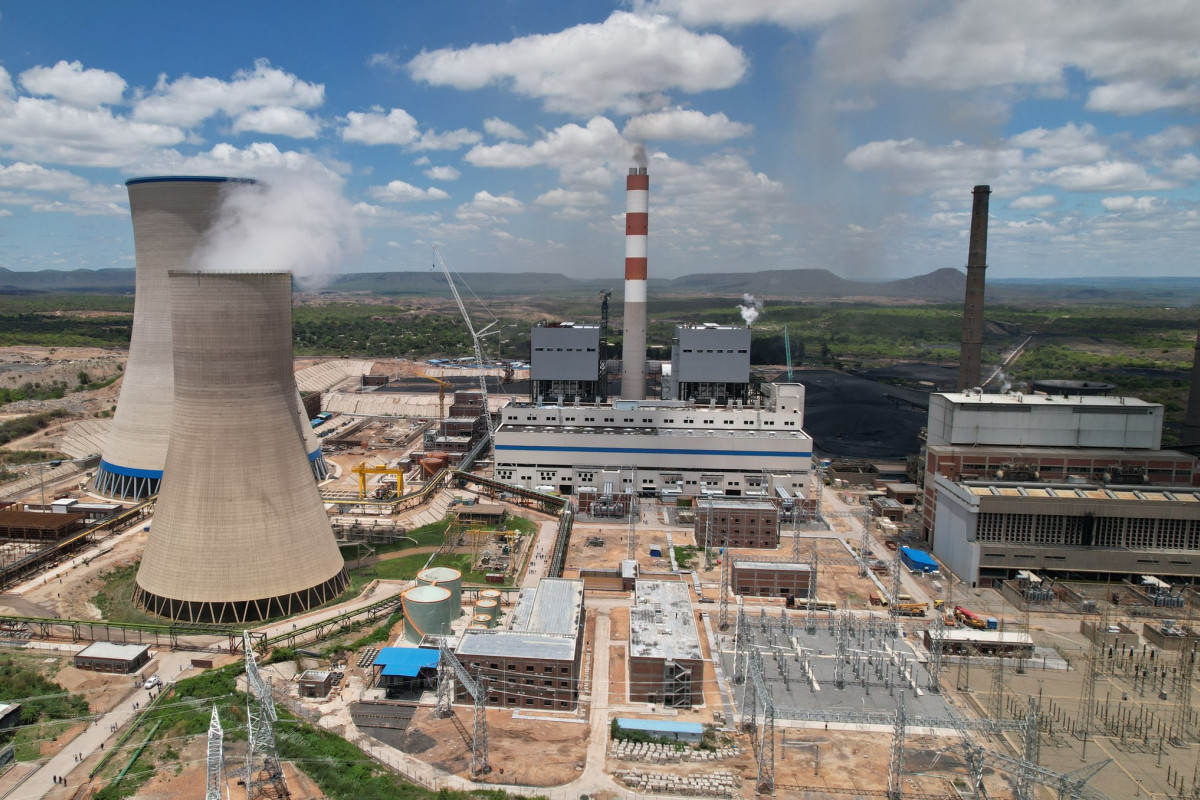Currently, in Zimbabwe coal and hydroelectric power plants provide most of Zimbabwe`s electricity. Both Zimbabwe`s main hydropower plant at Kariba Dam and Hwange power station operates at one-third of their capacity, largely due to aging equipment.
In 2019, drought once affected Zimbabwe that it reduced hydroelectric production and in 2021 one of the units at Hwange caught fire, attributed to a leak in the diesel supply line. Zimbabwe during this period experienced 18-hour blackouts.
This then led Zimbabwe to engage with our neighboring countries in a bid to increase its electricity supply. Zimbabwe imports most of its electricity in South Africa, Mozambique and Zambia.
Power utility ZESA Holdings is utilizing a huge amount of its resources to import power from neighboring countries, with the import bill reaching to US$250 million a year. The majority of businesses have been forced to use backup diesel generators because of the frequent power outages, which are expensive to operate. ZESA Holdings power generation unit, the Zimbabwe Power Company, produces about 1000 megawatts per day, against a national demand of about 1800MW. Observers say amid the challenges, despite increasing production at the Hwange Power Station, ZESA is also affected by climate change and had to reduce generation in Kariba from an average of 800 megawatts (MW) to 300 a day. To cover for the shortfall, State-owned power utility, ZESA, imports from South Africa’s power utility Eskom, Hydro Cahora Bassa of Mozambique, and from Zambia. ZESA entered into non-firm contracts with the regional power utilities, meaning they can only supply electricity if they have surplus.
The government is aware of the challenges ZESA is having and is working on initiatives that will bring an end to the challenges. In one year ZESA spent a quarter of a billion dollars .Turning to the deal with Dinson Iron and Steel Company, which is constructing a US$1.5 billion steel manufacturing plant in Manhize near Mvuma, the power utility will be able to acquire steel products locally. The steel will provide steel products for use in infrastructure with the most notable being transmission towers and steel used for power transmission infrastructure. ZESA have been importing this steel from China, Japan, and India and sometimes from South Africa. They will make them here in Zimbabwe and are grateful for this game-changer.
The following survey reports are available
- Sectorial-Based Salary Survey Reports
- National Salary Survey Report (Consolidation of 13 Sectors)
- Non-executive Directors Fees Survey Report
- Human Resource Policy Documents

